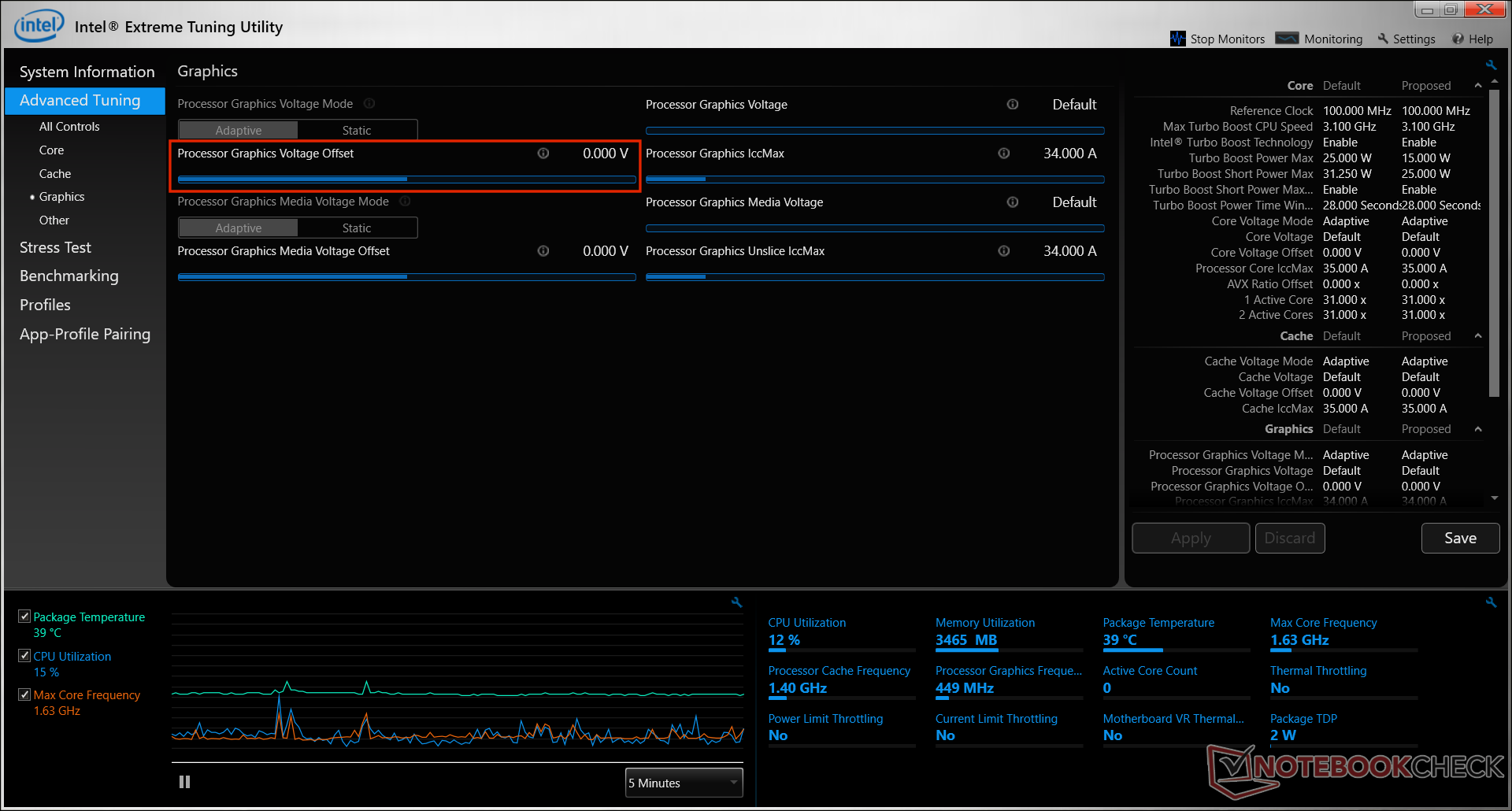

XTU has a "stress test" but it's fairly light compared to Prime95 or even AIDA64's tests. I find Intel XTU's graph useful for determining whether I am thermal/current throttling when stress testing. Please note that most automatic BIOS overclocks (such as the ASUS one you mentioned) will apply far too much voltage so manual overclocking in the BIOS where you control all elements is the best option but requires more knowledge, time and effort.Ĭranking up the multiplier can yield simple overclocks but if you leave the voltages at "auto", the motherboard may end up providing more volts than you would like (again, heat). At this point, heat is the greatest enemy with my chip peaking at 88☌ with an EKWB open-loop in TimeSpy Extreme's CPU test. For instance, I have a 9900k installed on an EVGA Z370 Classified K and my chip need 1.45V to hit 5.2GHz and stability is only reached when I set the AVX offset to -2. A poor quality PSU might trip you up as well.Īs to the best way to overclock, you're best to look for guides on the WEB (hopefully specific to your motherboard) that can give you both a base point and an understanding of how various setting effect speed/stability. Power delivery (usually tied to your motherboard's VRM stages) to the CPU. Your luck with the "silicon lottery" (how good your chip is) but most will achieve an all-core of 5GHz, Overclocking mileage will vary depending on a number of factors but not limited to: You know that the base "all core turbo" is 4.7GHz, not 4.6GHz. How good is Intel Extreme Tuning Utility? Or is it better to just increase the CPU Multiplier? Its currently factory OC’d to 4.6GHz however it is custom Loop liquid cooled and I’ve never seen it above 48 degrees C even after a few hours of gaming.īut is it better to use ASUS 1-Click OC in the BiOS?


 0 kommentar(er)
0 kommentar(er)
